All culture and extension actions involve undergraduate and/or graduate students not only as participants but also as collaborators in the organizing committees working together with faculties and coordinators in the following activities: planning the courses, Week of chemistry, Science Turn, Doors Open Day, Job Fair USP.
See some relevant cases:
The dissemination courses of Department of Biochemistry are organized and taught by graduate students as part of a specific Graduate course in which students should plan visits to research laboratories where experimental activities are under development, creating educational materials and teaching classes. In the last edition of the course, in 2014, students used the institutional electronic platform (LABIQ) to create and deliver interactive materials.
The activities of the Open Laboratory, which meets the needs ot teachers of basic education system, and the general public of the Scientific Turn are monitored by undergraduate students, which, in addition to assisting in the progress of activities, develop experiments co-authoring teaching materials and outreach activities.
The Chemistry in Action group is organized by undergraduate students, who create spectacular exhibitions based on chemical reactions or phenomena and organize their presentation in the events at the University, IQUSP and schools for students and public in general.
The exhibition Chemistry for a Better World, presented in Science Station from August - December 2011 brought together 60 students that guided visitors, six days a week, as part of the undergraduate course.
The remaining actions also involve students as monitors arranged in groups of 10-40 depending on the activity.
Finally, it is noteworthy that at least 8 students are annually awarded with the grant Learning with Culture and Extension, the PRCEU.
Similarly to the undergraduate program, this program offers grants for culture and extension projects, which are evaluated by peers.
1200 Scholarships are distributed annually in about 700 projects.
Therefore, the actions of the IQ-USP developed with participation of students has academic merit and is systematically recognized in the culture and extension plan, similarly to the undergraduate programs.

